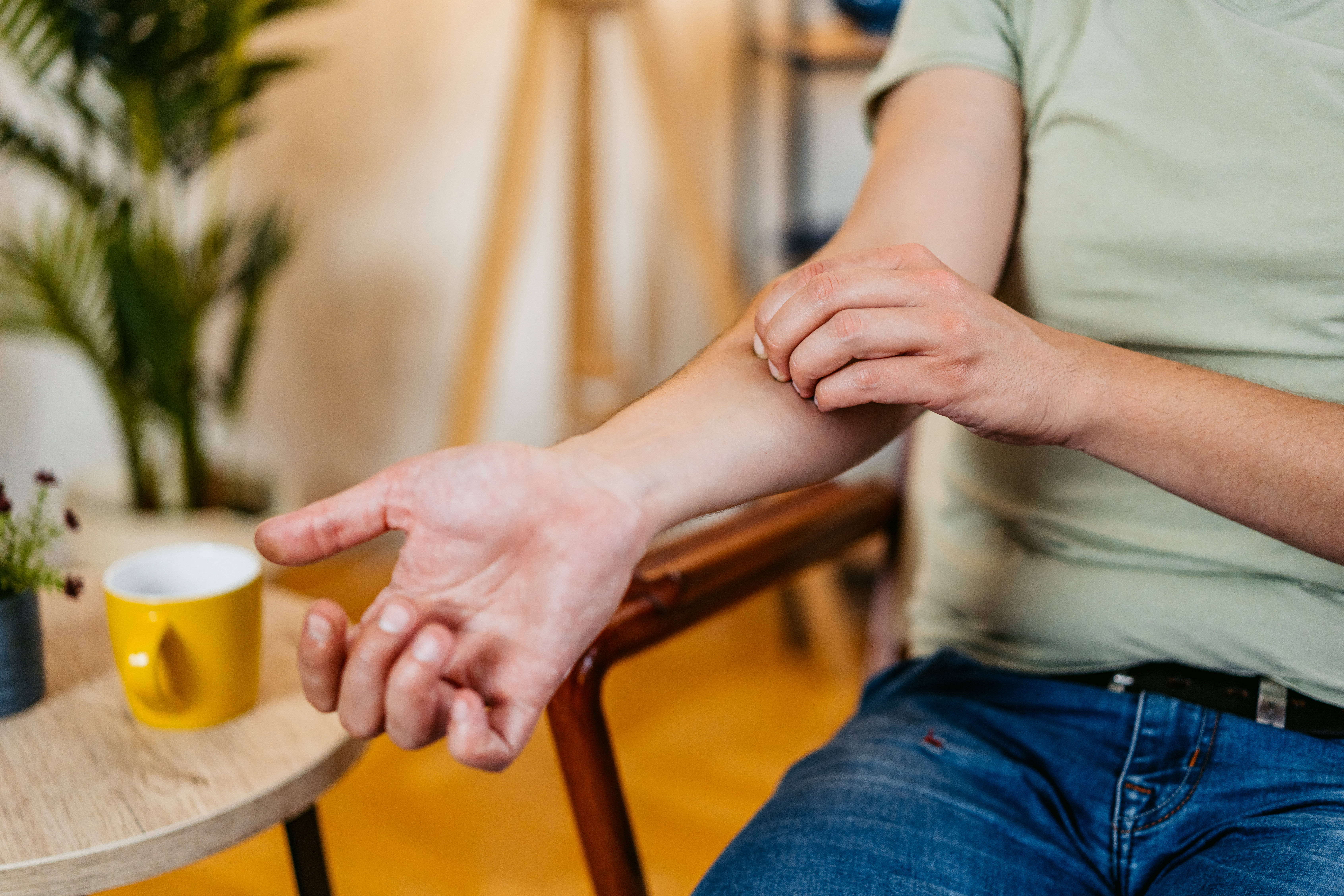It’s the season to celebrate with rains hitting our doors. But this is also the time when dengue and malaria cases spike. The treatment for dengue is available but what many don’t know, is that dengue leaves behind fatigue and weakness. Most people assume that once the high fever of dengue subsides and platelet counts come back to normal, one is good to be back to normal. But this is far from any truth. The real healing process often begins after the virus has left the body. Many individuals experience Post-Dengue Fatigue Syndrome (PDFS), a condition that causes weakness, aches, and emotional disturbances. This can last for weeks or even months. As the cases of dengue spike up and so as the rate of recovery improves, we reached out to Dr Sashidhar Reddy Gutha, Consultant General Physician and Diabetologist at Yashoda Hospitals in Hyderabad to know about the recovery part of the patient. And how one can get back to normal after dengue.
What Is Post-Dengue Fatigue Syndrome?

Representational Image (Getty Images)
PDFS is not just ‘feeling tired’ but about medically observed condition that severely impacts quality of life. “As of now, the exact mechanism behind it remains unclear. However, it is believed that dengue drains the body’s energy reserves, disrupts the immune system, and affects bone marrow function,” explains Dr Gutha. This explains why fatigue persists even after adequate sleep.
Common symptoms include:
- Persistent tiredness despite rest
- Joint and muscular pain
- Chronic headaches
- Hot flushes
- Appetite loss
- Difficulty focusing
- Emotional disturbances such as anxiety or irritability
“In rare cases, patients may also experience neurological complications like blurred vision, encephalopathy, or even Guillain-Barre Syndrome (GBS),” notes Dr Gutha.
Rest: The First Step to Recovery

Representational Image (Getty Images)
Recovery from dengue doesn’t happen just like that. It’s a slow and steady climb back to normalcy. They body needs uninterrupted sleep at least for 8 to 10 hours. This helps repair tissues, restores energy, and normalises internal functions. “Listen to your body and avoid returning to work or strenuous activities too early,” suggest Dr Gutha.
Hydrate Yourself
Hydration is a silent header. Dehydration is common during and after dengue, which can slow down recovery. Dr Gutha suggest steady intake of fluids like:
- Plain water
- Coconut water
- Buttermilk
ORS (Oral Rehydration Solution) – avoid in diabetic patients
“These help restore electrolyte balance in the body which also prevent fatigue caused by fluid loss,” explains the consultant physician.
Nutrition: Treating Inside Out

Representational Image (Getty Images)
Include vitamin and protein-rich diet in your routine. It supports immune function and cellular repair. Some of the foods to include in your meals are:
- Fruits: Papaya (may aid platelet production), oranges, bananas
- Vegetables: Spinach, carrots, beets
- Protein sources: Lentils, eggs, lean meat, tofu
- Iron-rich foods: Beetroot, dates, legumes
- Zinc-rich foods: Pumpkin seeds, nuts, whole grains
What to Avoid:
Fried, spicy, or processed foods, which can irritate the stomach and delay recovery
Physical Activity: “Start Low, Go Slow”

Representational Image (Getty Images)
Jumping back into intense exercise can be harmful. Begin with graded activity therapy:
- For the first week go for gentle stretching and deep breathing.
- Second week slow walks and light yoga is recommended
- After 3 weeks you can resume regular workouts, however, only if your energy levels are stable.
“Pay attention to signs like dizziness, fatigue, or breathlessness—these are signals to stop and consult a doctor,” advises Dr Gutha.
Symptoms You Should not Ignore

Representational Image (Getty Images)
Recovery from dengue can be a long journey, however, it is important to pay attention to symptoms that require immediate medical attention.
- Unusual bleeding (gums, nose, stool)
- Persistent or worsening headaches
- Rashes or itching
- Difficulty breathing
- Dizziness or blackouts
Keep Your Mental Health In Check
Mental health is often ignored dimention of recovery process. Fatigue isn’t just physical, it is emotional as well. Post-Dengue recovery can trigger mood swings, anxiety, and isolation. This is normal and treatable. Here’s what Dr Gutha suggests to do:
- Talking to family, friends, or a therapist
- Mindful activities like meditation, journaling, or reading
- Limiting screen time and social media, which can exacerbate stress
Follow-Up Care:
Don’t skip regular check-ups as they are critical even after you feel better. Monitor:
- Platelet count
- Hydration levels
- Liver and kidney function
- Any residual symptoms
“This ensures a safe and complete recovery, and can prevent relapses or missed complications,” he says.
Read More:























































